Understanding the World - Part #1: Geopolitics and Grand Strategy
What are today's biggest world problems? Why do wars happen? When will there be peace? Is the ideal of progress obsolete? Is Europe still the center of the world? Which country is the most prosperous? Is China a threat? Who really posses nuclear weapons and how much? Are USA crumbling in power? Is there solution for the Middle East? What is European Union and why did United Kingdom leave?
I will try to explain and clear some of those, and many more question's in a series where we are going to talk (from a scientific perception) about the world.
It is of upmost importance to make clear that the topics being developed in this post are backed up with best literature to be found in these fields of political science. Also, it is crucial that you read it carefully, think about it, and search for more information for better understanding. I will develop the basic thesis from various authors and their views, and you can be the judge if those are realistic today.
Grand Strategy and Geopolitics
Term, meaning and history of geopolitics
Term geopolitics comes from Greek words "γῆ gê" (Geo)- earth, land and "πολιτική"- politics. It was introduced by a Swedish professor Rudolf Kjellén (1864-1922).
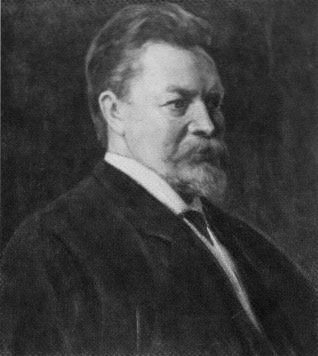 Rudolph Kjellén was Fridrih Ratzel's student who would further elaborate on organic state theory and first coined the term "geopolitics", [1]
Rudolph Kjellén was Fridrih Ratzel's student who would further elaborate on organic state theory and first coined the term "geopolitics", [1]
The terms narrower meaning is also the relation between geography and politics but in a way that geography determines politics. It can also mean a practical use of geography for political acts (most common in foreign policy).
The most popular use of the term is the meaning of geopolitical position of a country in the international affairs, for example, geographical position of Israel largely influences the way they act in international affairs.
Through history we can find great minds thinking in a similar way before the scientific determination of the term. In the work's of Aristotle, Confucius, Thucydides we can find traces of geopolitics but much more connected to climate rather then the geographical position. Later on, with much more connection the the term, more great minds like Montesquieu, Jean-Jacques Rousseau, Alexander von Humboldt discussed similar ideas.
Different learning's about geography and power
Already mentioned author, Friedrich Ratzel, viewed states as organic and growing, so borders represent only a temporary stop in their expansion to the goal of inquiring "living space" (lebensraum - a term he coined and was later used by National Socialists in Germany, also know as Nazis). Borders represented the health of the state, meaning that the stronger states should conquer weaker ones, were we can see a clear influence by Charles Darwin's evolution.
Ratzel's student, Kjellén, continued his work and gave even more importance to "space" and states power. His claim was that Germany needs to expand in Europe, so they can match the power of USA, England and Russia at the time.
Karl Haushofer (1869-1946) was a German professor, general and geopolitician. He continued to develop those ideas and formed a final shape. His "living space" or lebensraum idea was pan-German based on blood and soil and Aryan race that Hitler accepted and wrote about it in "Mein Kampf". Haushofer predicted the future world being in three parts with:
- pan-America (dominated by USA)
- pan-Europe (dominated by Germany)
- pan-Asia (dominated by Japan)
This included domination of Germany in continental Europe because they were not naval superpower like USA and UK. He then supported Drang nach Osten or conquering the east Slavic states, Drang Nach Suden or southern expansionism towards the Balkans and as far as Baghdad, and Drang nach Westen.
These ideas are considered in land power, as we have land power versus sea power dichotomy, which we will discuss next.
The advantage of Maritime Power
Alfred Thayer Mahan (1840-1914) was an American naval officer and professor who analysed Russian and British Empire and concluded that states which control seas and oceans have a great advantage over continental powers. His conclusion can be found in his book The Influence of Sea Power upon History 1660-1783, which was published in 1890.
Paul Michael Kennedy (1945-) is a British historian specialising in the history of international relations and he backs up these statements:
"The term ‘naval mastery’, however, there is meant here something stronger, more exclusive and wider-ranging; namely a situation in which a country has so developed its maritime strength that it is superior to any rival power, and that its predominance is or could be exerted far outside its home waters, with the result that it is extremely difficult for other, lesser states to undertake maritime operations or trade without at least its tacit consent" - Paul M. Kennedy, The Rise and Fall of British Naval Mastery (London: Macmillan, 1983, first published in 1976 by Allen Lane)
Theodore Roosevelt (1858–1919) who was 26th President of United States of America for 8 years from 1901 to 1909. He incorporated Mahan's ideas into his views on naval strategy. Roosevelt is considered a start point of dominance of USA that we know today. Under his mandate, USA started building a military navy ships that were aimed to compete with the British empire, that was a global superpower at that time. From Roosevelt to today, one of the greatest pride of every USA citizen are naval forces. We all know what drew USA into the World war I, and also what happened to provoke USA into the World war II. Those are clear signs that the power of the naval forces are represented as power of the USA itself.
Today, USA is the the greatest force on sea yet to be rivaled by anybody. As it seems, Russia and China plan on doing that in the next decades.
“In Roosevelt’s future naval policies we see the embodiment of Mahan’s larger principles. Moreover, this conjuncture of Mahan the theoretician and Roosevelt the man of action arrived at just the right time in history of the U. S. Its industries were booming, its commerce thriving and its merchants fighting gain markets overseas in the face of tough foreign competition. All of that pointed to the need for a strong navy. And, to be sure, the nation was getting one. - Paul Kennedy, (“Birth of a Superpower”, Time, July 3, 2006, Vol. 168, No.1)
John Mearsheimer (1947-) is an American political scientist that claims a "navy bent on projecting power against a rival state must first gain command of the sea, which is the bedrock mission for naval forces." Also, command of the sea means controlling the lines of communication that crisscross the ocean’s surface, so that a state’s commercial and military ships can freely move across them. For a navy, to command an ocean, it need not control all of the sea all the time, but it must be able to control the strategically important parts whenever it wants to use them, an deny the enemy ability to do likewise.
 Oil trade routes by sea, Image source
Oil trade routes by sea, Image source Navies can perform three power-projection missions where they are directly supporting the army, not acting independently:
- Amphibious assault (The Allied invasion of Normandy on June 6, 1944, is an example of an amphibious assault)
- Amphibious landing (The landing of German army-units in Norway in the spring of 1940)
- Troop transport (The American navy performed that this mission in World War I, when it moved troops from the United States to the France, and again in the World War II when it moved troops from the United States to the United Kingdom)
There are also two ways that navies can be used independently to project power against another state.
- Naval bombardment (NATO bombing of FR Yugoslavia in 1999, many missiles where sent from the Adriatic sea)
- Blockade (Current blockade of North Korea, and many other examples in history)
The advantage of Land Power
Sir Halford John Mackinder (1861-1947) was an English geographer and a politician who considered that in the duel of sea and land powers, land power would prevail. His idea of "Heartland" was introduced in his book called "The Geographical Pivot of History" published in 1904.
"Who controls eastern Europe rules the Heartland;
Who controls the Heartland rules the World Island; and
Who rules the World Island rules the World, "
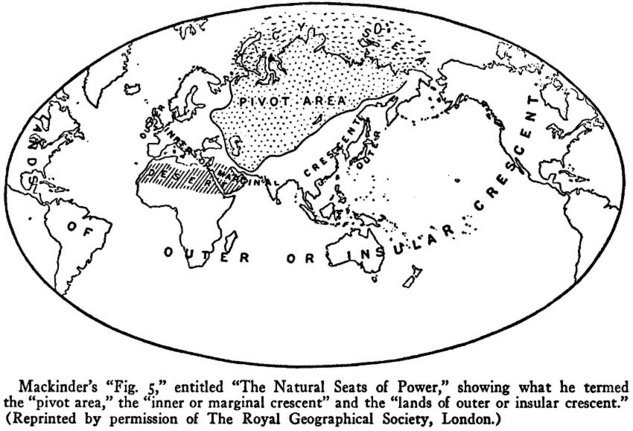
Nicholas John Spykman (1893 – 1943) was an American political scientist who was one of the founders of the classical realist school in American foreign policy he developed his ideas in his book "America's Strategy in World Politics" published in 1942.
Spykman recalls Mackinder's famous dictum but but disagrees, refashioning it thus:
"Who controls the rimland rules Eurasia;
Who rules Eurasia controls the destinies of the world"
Spykman then explains:
"There are not many instances in history which show great and powerful states creating alliances and organizations to limit their own strength. States are always engaged in curbing the force of some other state. The truth of the matter is that states are interested only in a balance which is in their favor. Not an equilibrium, but a generous margin is their objective. There is no real security in being just as strong as a potential enemy; there is security only in being a little stronger. There is no possibility of action if one's strength is fully checked; there is a chance for a positive foreign policy only if there is a margin of force which can be freely used. Whatever the theory and rationalization, the practical objective is the constant improvement of the state's own relative power position. The balance desired is the one which neutralizes other states, leaving the home state free to be the deciding force and the deciding voice."
John Mearsheimer sees land power as the most formidable kind of conventional military power available to states.
He considers armies as a paramount importance in warfare because they are the main military instrument for conquering and controlling land, which is the supreme political objective in a world of territorial states. Meaning that only land power has the potential to win a major war by itself. Naval and air forces are simply not suited for conquering territory.
The strongest power is the state with strongest army -John J. Mearsheimer
The famous British naval strategist Julian Corbett said that, “since men live upon the land and not upon the sea, great issues between nations at war have always been decided – except in the rarest cases – either by what your army can do against your enemy’s territory and national life, or else by the fear of what the fleet makes it possible for your army to do.”
These ideas were being developed in the period between the World wars by American scientists. Is this idea still active in any shape or form? Soviet Union or the USSR controlled the "heartland", but today, Baltic states, Poland, Romania, Bulgaria and even the Balkan states are in NATO (The North Atlantic Treaty Organization, also called the North Atlantic Alliance) and Russia did not let Ukraine to join as well. USA being the strongest NATO member began taking control of the area when the USSR collapsed. Even though there was an agreement that they would not go east, they did. Russia stopped them at Ukraine. That was the first strategy front and there are two more.

On the second front there were conflicts between Georgia and Russia in 2008, and some time earlier conflicts in Afghanistan where both USA and Soviet Union (Russia) were involved.
The third front is the coast of China and the already famous problem with North Korea. During the Cold War times there were conflicts in Vietnam which is on the south edge of the front.
Today, China is very active in naval actions, trying to force back the US navy so they do not have a chance of a naval blockade that would collapse Chinese economy. As we seen on the previous picture most of the Chinese oil comes by sea routes and USA has a chance to block them at anytime. Besides securing their coast and trade, China is considering to build a new Silk road (land trade route), so they do not depend only on sea routes that USA controls at the moment.
There is much more to discuss and develop but I think this will be enough for this post. For me personally, this is a very interesting field of political science that can explain a lot of history as well as the present. Hope it helps you understand the basics and in the future we will do a similar post with even more strategy and geopolitics in 21th century.
References:
Andreja Miletić, "Geopolitika", u, Milan Matić, Milan Podunavac, (Prir.), Enciklopedija političke kulture, Savremena administracija, Beograd, 1993
Branislav Matić, (Prir.), Tajna Balkana, SKC, Beograd, 1995
Zbignjev Bžežinski, Velika šahovska tabla, CID, Podgorica, 1999
John J. Mearsheimer. The Tragedy of Great Power Politics, W. W. Norton, New York, 20031
Kathleen E. Braden, Fred M. Shelley, Engaging Geopolitics, Pearson Education, New York, 2000
Gearoid O. Tuathail, Simon Dalby, Paul Routledge, Eds., The Geopolitics Reader, Routledge, London, 2006, Second Edition
Andrew Boyd, An Atlas of World Affairs, Routhledge, London, 1998, Tenth Edition
Harm de Blij, Why Geography Matters – three challenges facing America: Climate Change, the Rise of China, and Global Terrorism, Oxford University Press, New York, 2005
Martin Van Creveld, The Art of War – War and Military Thought, Cassell & Co., London, 2000
John Baylis, Elliot Cohen, Colin Gray, James Wirtz, Eds, Strategy in the Contemporary World- An Introduction to Strategic Studies, Oxford University Press, New York, 2002
Pictures:

Feel free to comment, upvote and resteem! Hope you enjoyed!


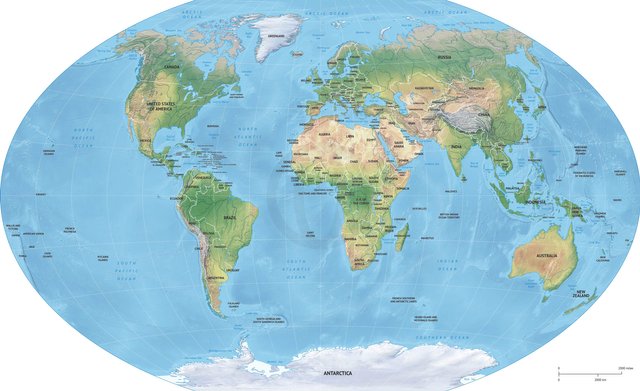
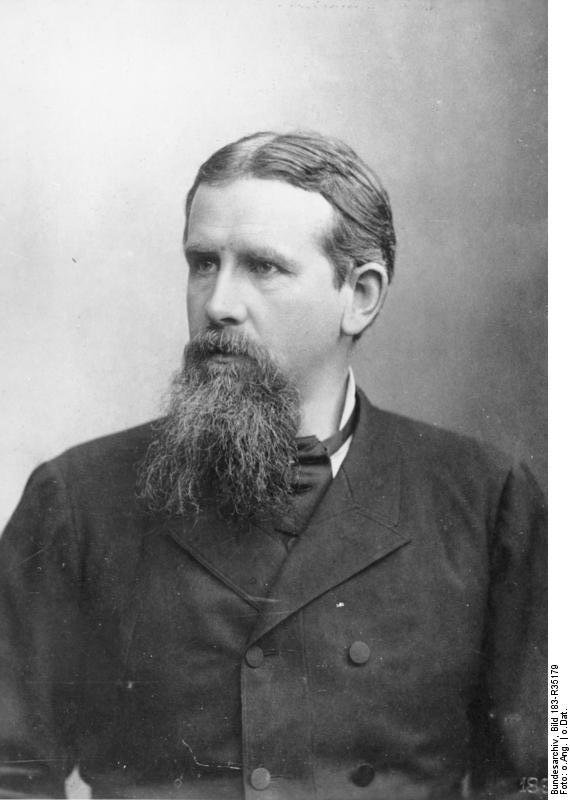
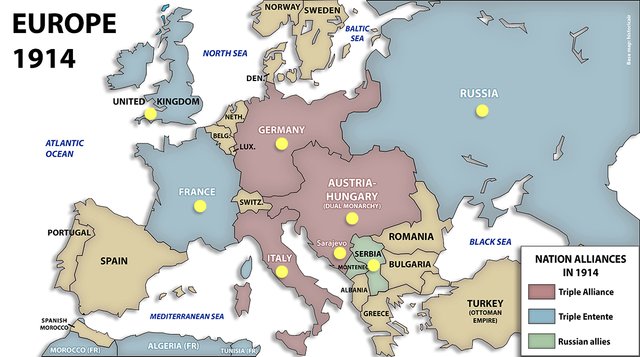
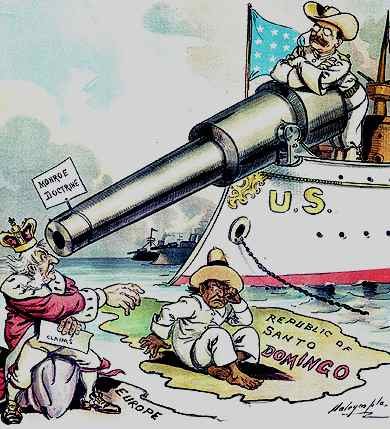
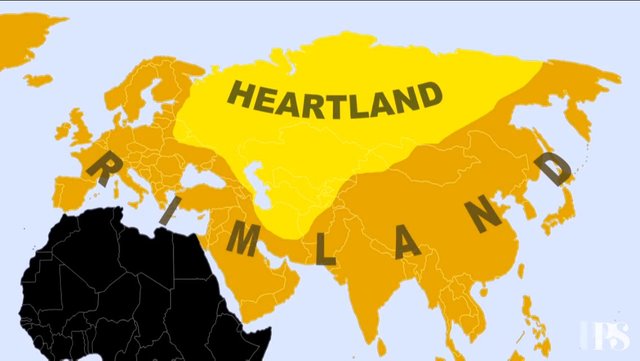

Being A SteemStem Member
DISCLAIMER: dropahead Curation Team does not necessarily share opinions expressed in this article, but find author's effort and/or contribution deserves better reward and visibility.
to maximize your curation rewards!
with SteemConnect
12.5SP, 25SP, 50SP, 100SP, 250SP, 500SP, 1000SP
Do the above and we'll have more STEEM POWER to give YOU bigger rewards next time!
News from dropahead: How to give back to the dropahead Project in 15 seconds or less
Quality review by the dropahead Curation Team
According to our quality standards(1), your publication has reached an score of 88%.
Well said Gabriel García Marquez: "You learn to write by writing" Keep trying, you will soon achieve excellence!
(1) dropahead Witness' quality standards:
- Graphic relation to the text (Choice of images according to the text)
- Order and coherence
- Style and uniqueness (Personal touch, logic, complexity, what makes it interesting and easy to understand for the reader)
- Images source and their usage license
This topic is on my interest list. Learned something new about the history - waiting for the next part.
Great! Probably next week :)
Hey @whitewarlike, I am a curator from the Whaleshares Curation Team. I have selected your post to be presented in a live curation discussion on Monday 5th March. Your post will be awarded with a 100 Whaleshares vote on the night. I do hope you can come along and spectate. The event will be held in The Curation Lounge on the Whaleshares server. Here's a link which explains things: https://steemit.com/steemit/@nikflossus/the-whaleshares-curation-show-episode-16-23-59gmt-or-6-59est-tonight
I followed the discussion a couple of times now and I am so happy you selected my post for the discussion :) I am afraid I will not be able to spectate the whole discussion but definitely will come by and say hi! :)
Glad to be able to pick such a great post to select. What about a future post on Zbignieuw's ideas about the necessity of controlling Ukraine?
I will try to be diverse in this series, because I think many users from Africa would like to hear how they come into this thinking. Also, the Middle East is definitely soon. So before I start with the specific areas, I will do a general overview of the most important points on the planet :) Thank you once again, for your time, for picking me and suggesting, I appreciate it :)
Very informative! Learn something new today. Upvoted :)
Thank you :)
A lot to take in great post by the way and a long read :)
Glad you like it :)
Congratulations! This post has been upvoted from the communal account, @minnowsupport, by WhiteWarlike from the Minnow Support Project. It's a witness project run by aggroed, ausbitbank, teamsteem, theprophet0, someguy123, neoxian, followbtcnews, and netuoso. The goal is to help Steemit grow by supporting Minnows. Please find us at the Peace, Abundance, and Liberty Network (PALnet) Discord Channel. It's a completely public and open space to all members of the Steemit community who voluntarily choose to be there.
If you would like to delegate to the Minnow Support Project you can do so by clicking on the following links: 50SP, 100SP, 250SP, 500SP, 1000SP, 5000SP.
Be sure to leave at least 50SP undelegated on your account.
Great post and so much information. Thank you for the time spent and quality created to make Steemit a better source.
I look forward to the answer for one of your first questions posed in the beginning of the blog, " when will there be peace"?
I'll probably have a special post for that after few more :) Thank you :)
Very interesting topic and great elaboration :)
It was nice read.
Thank you :)
Congratulations @whitewarlike! You have completed some achievement on Steemit and have been rewarded with new badge(s) :
Click on any badge to view your own Board of Honor on SteemitBoard.
For more information about SteemitBoard, click here
If you no longer want to receive notifications, reply to this comment with the word
STOP